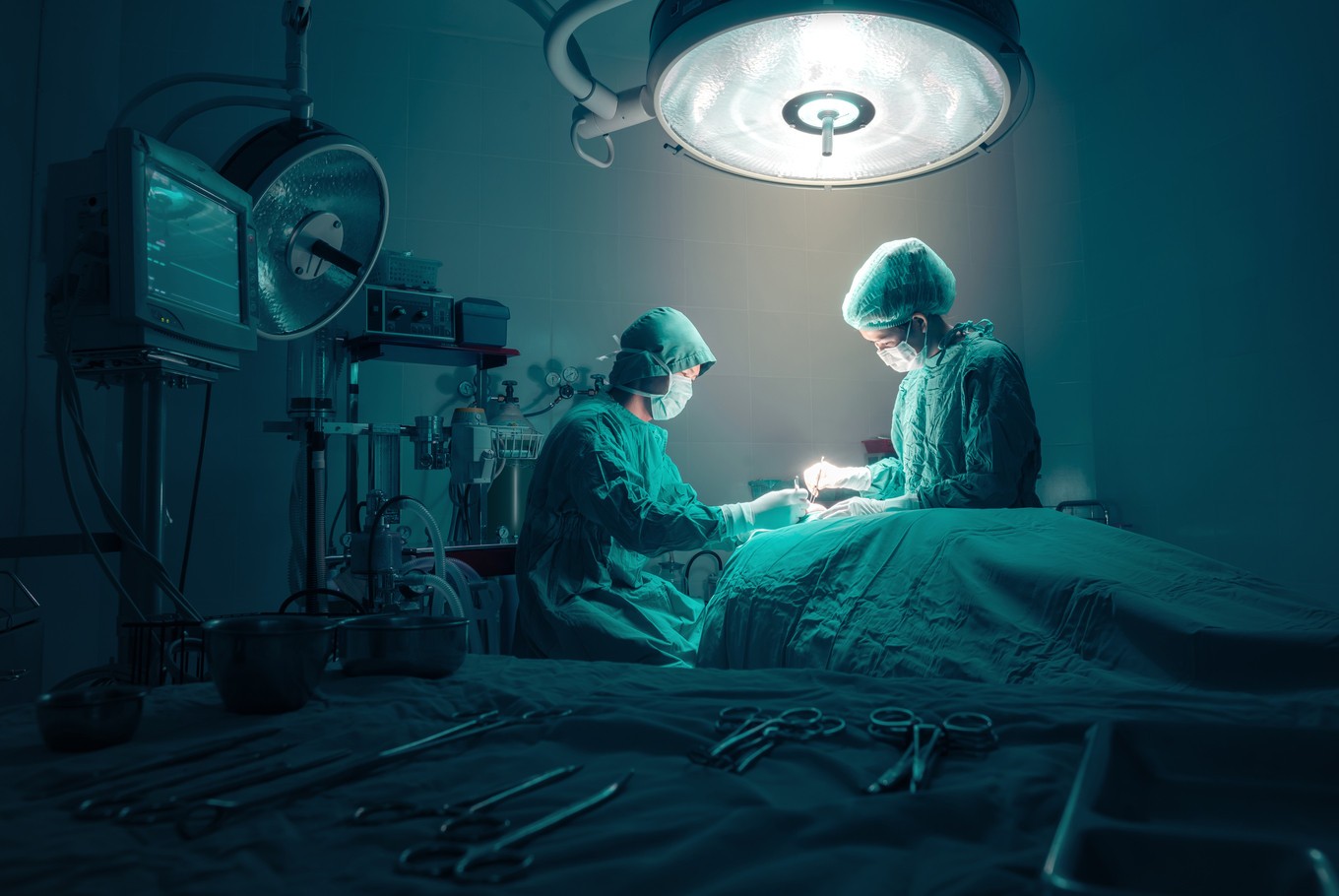Popular Reads
Top Results
Can't find what you're looking for?
View all search resultsPopular Reads
Top Results
Can't find what you're looking for?
View all search resultsIndonesian doctors struggle with costly equipments
Unfortunately, the advanced medical endoscopy technology has not been able to reach all patients in Indonesia, as the RSCM is the only hospital in the country that owns it.
Change text size
Gift Premium Articles
to Anyone
T
he Cipto Mangunkusumo Hospital (RSCM) in Jakarta is now utilizing the most advanced diagnostic and therapeutic endoscopy equipment to keep up with advancements in global medical technology.
With assistance from the Japanese government, the gastrointestinal endoscopy center at the RSCM has received numerous technologically advanced endoscopy tools since 2014.
The tools allow patients to undergo comprehensive treatments such as gastroscopy, colonoscopy, transnasal endoscopy, double-balloon enteroscopy and duodenoscopy.
The most advanced endoscopy tools available at the RSCM are currently the Narrow-Band Imaging Endoscopy (NBI), which can magnify the image of a patients’ digestive organs, and the endoscopic ultrasound (EUS), which detects sub-mucosal tumors.
Dr. Ari Fahrial Syam, a gastroenterologist from RSCM, said that advanced therapeutic endoscopic equipment is very useful and effective in allowing doctors to provide patients with less-invasive treatments.
“We can, for example, remove a polyp or burn it by argon plasma coagulation. The endoscopy can now also be used to remove gallstones,” Ari said.
Doctors could also clip bleeding inside patients’ organs and treat swallowing disorders through Peroral Endoscopic Myotomy (POEM) without having to go through risky surgery procedures, he added.
Ari added that the therapeutic endoscopy was preferred by patients because the procedure was less risky, especially with older patients who usually had more than one illness, and it also allowed them to recover faster.
Patients who are also members of the Healthcare and Social Security Agency (BPJS Kesehatan) scheme can reap the most benefits because they can receive the advanced treatment procedure for free at the RSCM, Ari said.
Unfortunately, the advanced medical endoscopy technology has not been able to reach all patients in Indonesia, as the RSCM is the only hospital in the country that owns it.
Ari said that some private hospitals were equipped with endoscopy facilities, but not as complete as the RSCM. Due to this, high-income patients in Indonesia still prefer to go to Malaysia or Singapore for treatment, he said.
With the number of patients suffering from pancreatic cancer and other gastrointestinal diseases increasing each year due to smoking and unhealthy lifestyle choices, Ari suggested the government should provide all public hospitals with endoscopy facilities equal to that received by the RSCM from Japan.
He also urged the government to stop classifying endoscopy accessories, such as biopsy and stent, as luxury goods, so they will not be subject to luxury tax.
“The luxury tax has made the endoscopy treatment in Indonesia more expensive than in Malaysia,” the doctor said.











